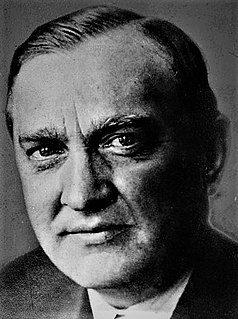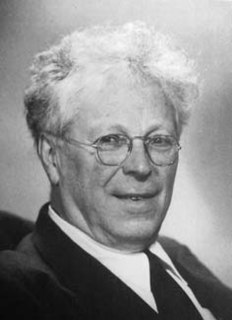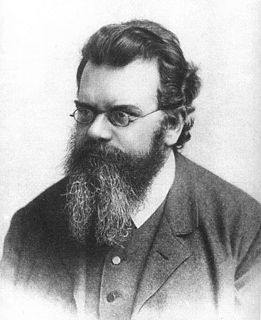A Quote by Aristotle
It is evidently equally foolish to accept probable reasoning from a mathematician and to demand from a rhetorician demonstrative proofs.
Related Quotes
Mathematicians are proud of the fact that, generally, they do their work with a piece of chalk and a blackboard. They value hand-done proofs above all else. A big question in mathematics today is whether or not computational proofs are legitimate. Some mathematicians won't accept computational proofs and insist that a real proof must be done by the human hand and mind, using equations.
The great mathematician fully, almost ruthlessly, exploits the domain of permissible reasoning and skirts the impermissible. That his recklessness does not lead him into a morass of contradictions is a miracle in itself: certainly it is hard to believe that our reasoning power was brought, by Darwin's process of natural selection, to the perfection which it seems to possess.
An axiomatic system establishes a reverberating relationship between what a mathematician assumes (the axioms) and what he or she can derive (the theorems). In the best of circumstances, the relationship is clear enough so that the mathematician can submit his or her reasoning to an informal checklist, passing from step to step with the easy confidence the steps are small enough so that he cannot be embarrassed nor she tripped up.
Whoever builds his faith exclusively on demonstrative proofs and deductive arguments, builds a faith on which it is impossible to rely. For he is affected by the negativities of constant objections. Certainty(al-yaqin) does not derive from the evidences of the mind but pours out from the depths of the heart.







































